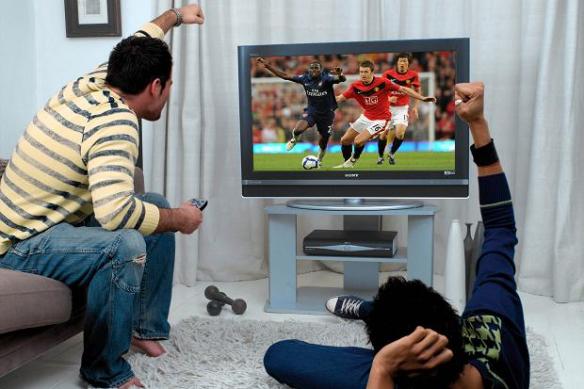February’s Winter Olympics, April’s Commonwealth Games and June’s FIFA World Cup are just some of the exciting sporting events scheduled for this year.
Indeed, a big year of sports will bring HR managers a range of challenges and opportunities when it comes to balancing productivity and engagement, according to Aaron McEwan, HR Advisory Leader at Gartner.
“We’re all familiar with the that blurry-eyed worker who’s been awake since 3am watching the games, but this year it’s going to be distractions during working hours where HR will struggle to get the most from their workers,” McEwan told
HRD.
He added that it's important to keep in mind the safety risks if people come to work, but do not get a full night’s sleep.
“If you accept that there are a reasonable percentage of employees that are going to watch these events, then providing flexibility in terms of when people work and come into the office will help manage that,” said McEwan.
“Where flexible work arrangements aren’t an option, getting creative with ways to bring the games into the office can have a number of benefits to both employers and employees. However, choice is key."
He added that some organisations might put on internal events of their own to coincide with a sporting event. This might include office Olympics and other forms of competitions, particularly if Australia is competing.
“They might also let people wear either the colours of their team or Australian sporting paraphernalia,” he said.
McEwan said that organisations must rethink their engagement tactics if they want to balance participation with productivity; ensuring they’re catering to the needs of the entire workforce.
“Some people love sport and some are just not interested. Laying down the law and not allowing people to get involved in the games is a sure-fire way to kill engagement and increase sick leave and absenteeism,” he added.
“At the same time, forcing the games to be part of the work environment isn’t going to work either.
“Participation in office games should never be forced, but having the option there for employees is a good way to boost morale, increase staff satisfaction and positively impact an organisations culture.”
HRD's office game ideas for upcoming sporting events:
Water bottle bowling: Employees take turns in seeing how many empty water bottles they can topple over with a tennis ball.
FIFA 18: Set up a games console (PS4, Xbox, Wii U) and a sports-related game in the breakout area and let employees challenge each other in their lunch breaks.
Commonwealth Games triva: Split the office into two teams. One person reads out questions and the team with the most correct answers wins. Which country has won the most all-time Commonwealth Games gold medals?
Desk decorating competition: Each person in the office draws a country out of hat. They then have to decorate their desk in the theme of that country.
Paper aeroplane discus: Employees see who can through a paper aeroplane the furthest through the office.
Do: Have medal ceremonies (or other creative forms of recognition) for the winners!
Don't: Include games where employees are at risk of being injured or which might make them feel uncomfortable.
Related stories:
Four things HR can learn from the sporting world
Six ways to transform your team into disruptors
Are your “implicit biases” influencing the leader selection process?

